Very often, people want me to talk about Baidu SEO in B2B businesses. As B2B has a very wide range, it’s not easy to describe. In this article, let’s take an specific example to deeply go through how we implement Baidu SEO.
Business Overview
Imagine a B2B business that specializes in manufacturing and supplying industrial machinery parts to other businesses. This business has an online presence through its website, where potential customers can browse product listings, place orders, and get information about the company’s services.
Keyword Research and Optimization
Conduct thorough keyword research to identify the most relevant and high-traffic keywords for the industry.
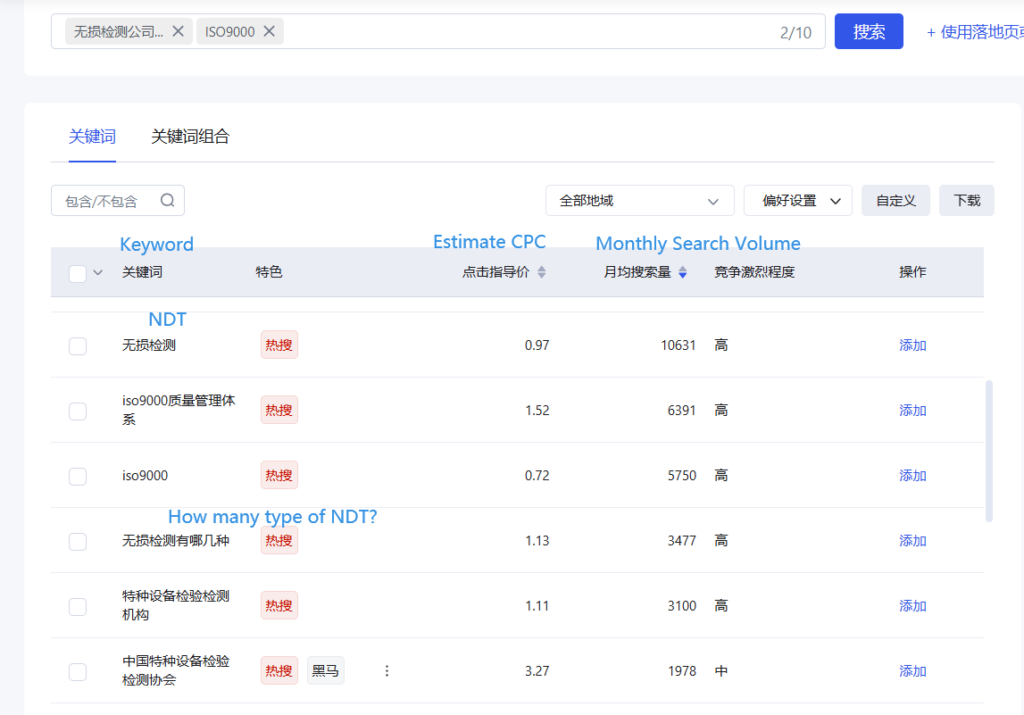
Optimize the website’s content, meta tags, and URLs to include these keywords naturally, ensuring a good keyword density without overstuffing.
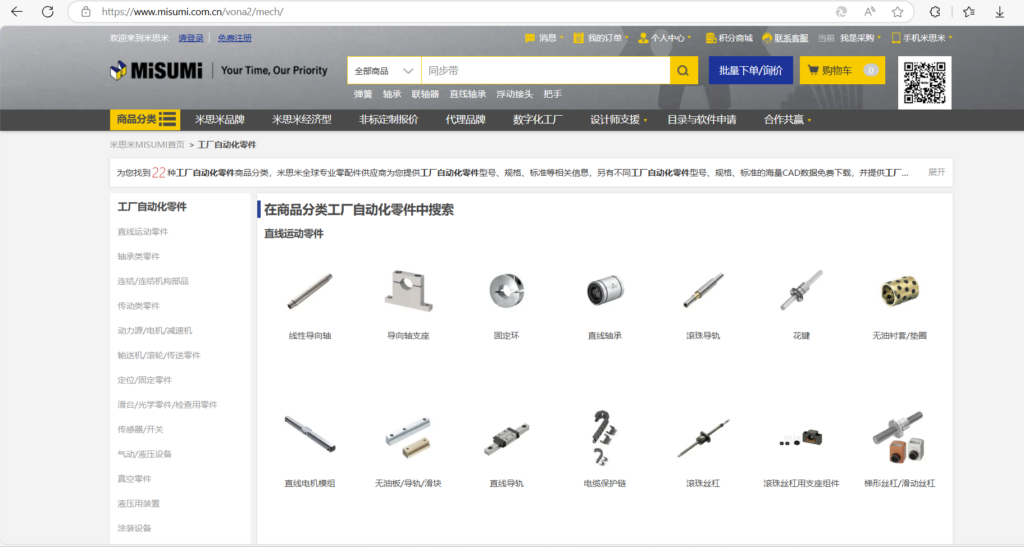
Content Marketing
Create high-quality, informative content that addresses the needs and concerns of the target audience, such as blog posts, whitepapers, and case studies.
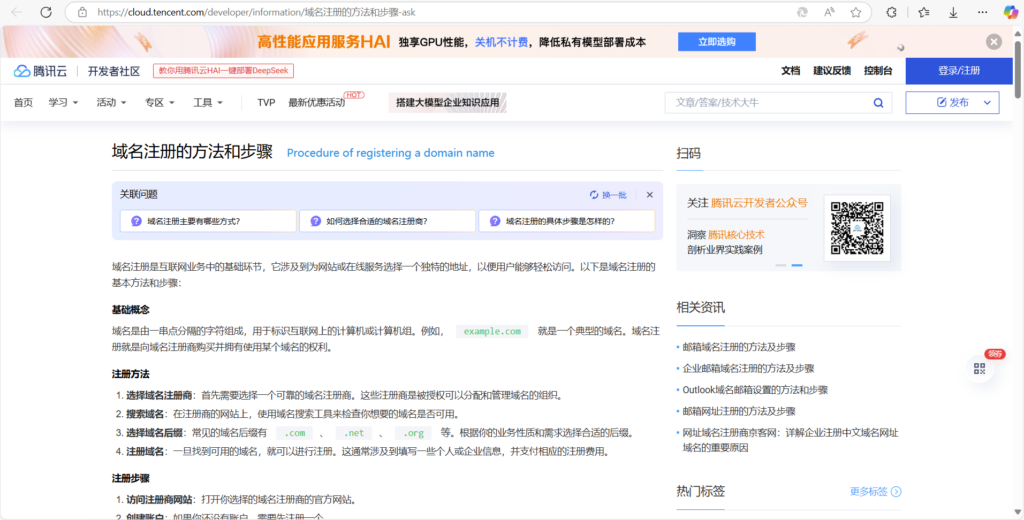
Use long-tail keywords and phrases that are specific to the industry to attract more targeted traffic.
Technical SEO
Ensure the website is mobile-friendly and has a fast loading speed, as these are important ranking factors for Baidu.
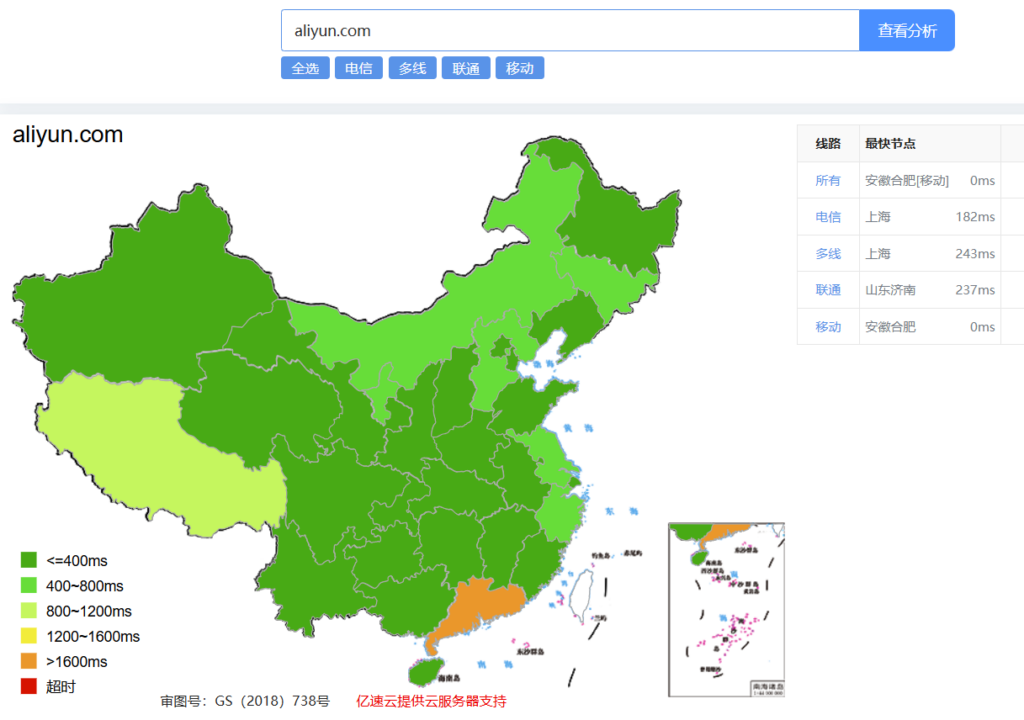
Optimize the website’s structure and navigation to make it easier for search engines to crawl and index the pages.
External Link Building
Build high-quality external links from authoritative and relevant websites to improve the website’s domain authority and trustworthiness.
Engage in industry-specific link-building strategies, such as partnering with industry associations or participating in industry forums and directories.
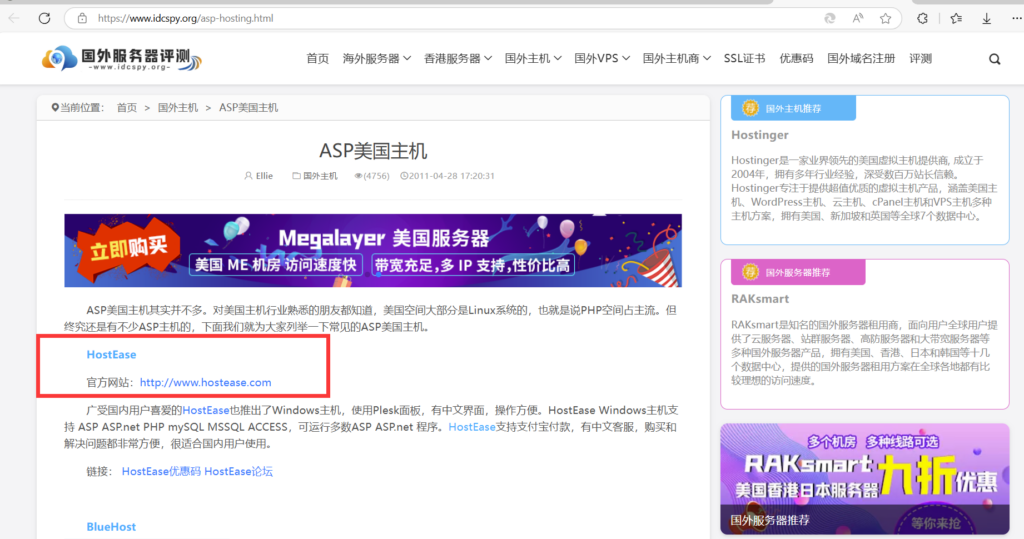
Local SEO
If the business serves a specific geographical area, optimize the website for local search by including location-specific keywords and claiming the business’s listing on Baidu Maps.
Monitor and Analyze Performance
Use Baidu Analytics or other similar tools to monitor the website’s performance and track key metrics such as organic traffic, bounce rate, and conversion rates.
Regularly update the SEO strategy based on performance data and emerging trends in the industry.
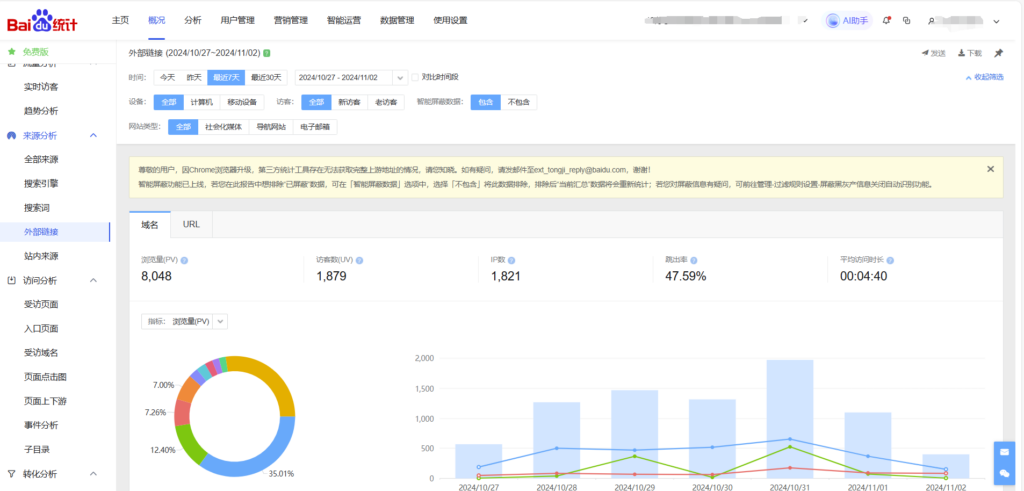
Expected Results
By implementing this Baidu SEO strategy, the manufacturing and supply chain business can expect to see an increase in organic traffic to its website, improved search engine rankings for relevant keywords, and a higher visibility in the B2B market. This, in turn, can lead to more leads, sales, and business opportunities.
In summary, Baidu SEO is a crucial strategy for B2B businesses to improve their online presence and attract more potential customers. So many different types including cloud services, accounting service and son on. By focusing on keyword research, content marketing, technical SEO, external link building, and local SEO, businesses can optimize their websites for Baidu and achieve better search engine rankings and traffic.
If you desire to know more about our Baidu SEO services, please feel free to reach us via service@baiduseopro.com




Leave a Reply